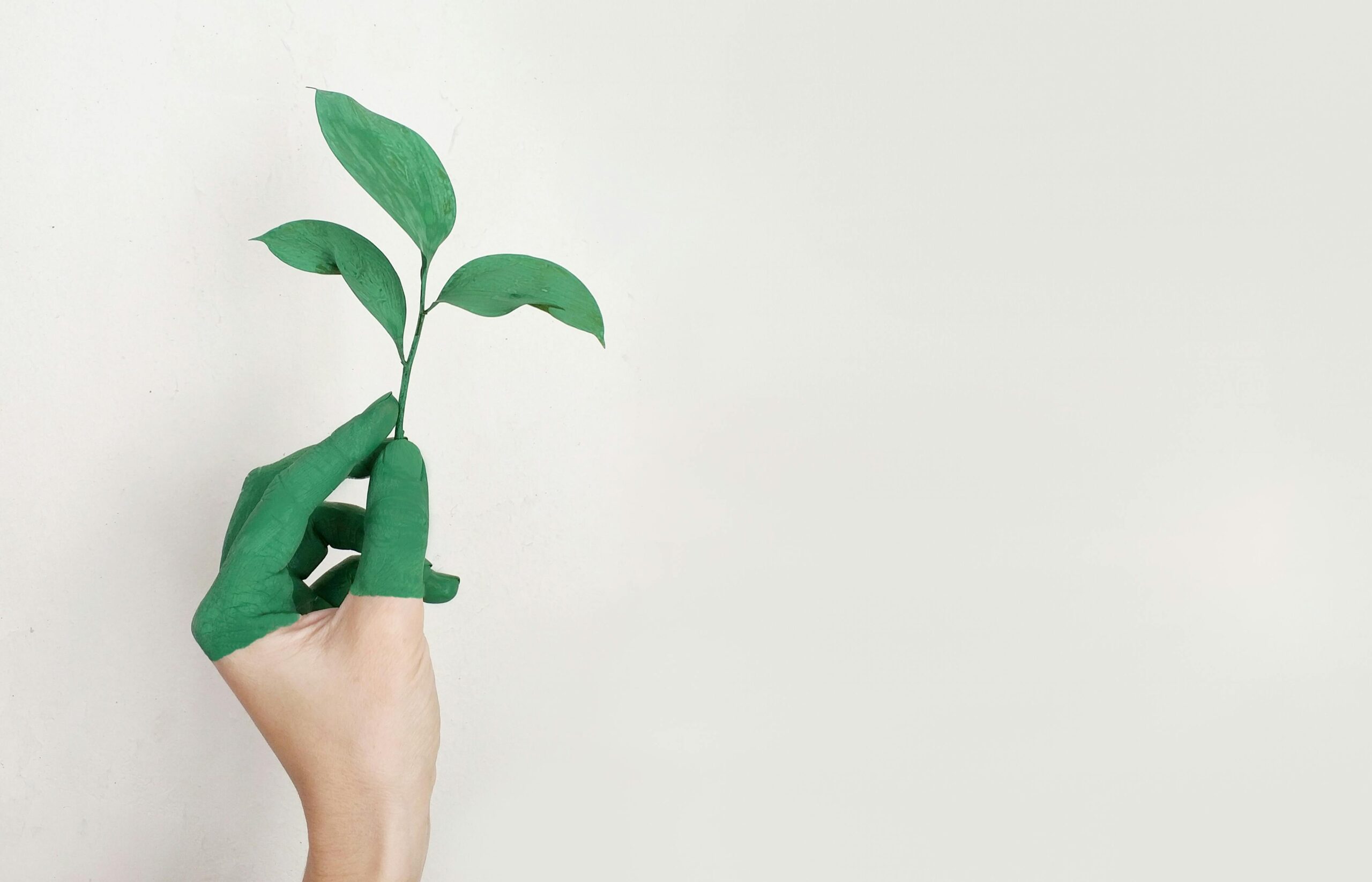
In the whirlwind that is motherhood, every day has its own set of challenges. Small moments of stress — getting to lessons, balancing work/life, raising children, relationship difficulties, financial issues — blend into the background, unnoticed.
These microstresses, which are tiny, manageable instances of stress, might seem insignificant when viewed in isolation. Afterall, we have to keep moving, not complain and do what needs to get done right? We’ve been conditioned that way. But like a snowball rolling down a hill, each one of these “insignificant” stressors can gather momentum and size, accumulating quietly until they become a boulder ready to take us out when we’re not expecting it.
For moms, particularly single moms, recognizing these microstresses can be challenging. Often time, we only notice them once we’re completely burnt out, depleted and feel like we’ve got nothing left to give.
So how did this become a thing? What’s the impact? And what can we do to prevent ourselves from spiraling out of control? How can we push back to regain some control over our lives?

IT’S JUST LIFE
It’s never just one thing. Individual stressors are usually manageable in the moment, making their toll invisible. They’re what I call a speed bump, a tiny blip that only hurt for a second, that we deal with in the moment. How can staying up a bit too late to help our children with homework, or skipping a workout, taking another shift, never getting to that book we wanted to read or dealing with drama at work be bad when it’s for the good of our families? Moms do it all. We’re superheroes.
Doing everything that needs to get done, picking up all the slack and cleaning up everyone’s messes — cumulatively create a ripple effect that can erode our lives, breaking us, literally and figuratively.
“I’m ok”, “I just need to get through this week”, “I have no choice”. Sound familiar? We’ve just accepted that “this is life.” When every day, every week and every year stacks on the previous, we’re living on the edge of burnout.
HOW DID THIS HAPPEN?
Our bodies haven’t caught up to the intensity of being hyper-connected, which is a relatively new phenomenon. Biology knows how to use the “fight of flight” mechanism to respond to a big threat — some massive explosion. But it’s not sure what to do about the wind that’s slowly eroding us over time. The damage is the same.
I noticed a drop in blood pressure, brain fog, apathy for life, and changes with my hormones and metabolism. It felt like I was slowly losing consciousness, drifter further and further away from myself.
So what’s going on here? Under continuous stress, our working memory (which lives in the frontal lobe) shrinks. The little mini stressors take up so much room, there’s no bandwidth left for anything else. I started researching this seriously when I went back to school as a single mom in my 30’s. Around exam time, I described studying as though it were water being poured into a glass, that just kept overflowing. Nothing more was getting in. It was because my brain was saying “no more, we need to keep enough space available in case there’s an emergency with your child.” What’s even worse, since our brains don’t notice the threat, the stress response doesn’t fire. So it builds.

TYPES OF MICROSTRESS
- Microstresses that Drain Capacity for Tasks: Your daily “to do” list falls here. These microstresses sap the energy you need to get things done, leaving you feeling like you’re constantly falling behind both at work and at home. Imagine trying to meet a deadline, while simultaneously managing your child’s remote learning and household chores. Each small frustration adds to a growing sense of inadequacy and failure. The cumulative effect of these inconveniences chip away at your self-esteem. You feel as though you’re failing to meet the expectations you set for yourself and your life.
- Microstresses that Deplete Emotional Reserves: Emotional well-being is crucial for maintaining peace, fortitude, and resilience. We have to be able to focus, prioritize, and handle conflict effectively both at work and at home. Imagine dealing with your child’s emotional meltdown over something small, which, on its own, is manageable. But the 15th time this happens, you’re finished. You don’t have the capacity to cope with your own feelings, let alone those of others. This constant emotional drain makes it harder to find joy in any of your interactions and can lead to a sense of detachment or impatience with your children.
- Microstresses that Challenge Your Identity: How many times (per day) do you have doubts about your identity and self-worth? For me, too many to count. These stressors can arise from societal expectations or personal goals, such as the pressure to be both a perfect parent and a career achiever. Each time you’re unable to attend a school event due to work commitments, or when you compare yourself to others who seem to have it all together, it can trigger feelings of inadequacy. These moments chip away at your motivation and sense of purpose. The woman you once aspired to be seems to have disappeared. Over time, this erosion of self-confidence can make it difficult to maintain a positive outlook on your capabilities as a mom and as an individual in the wider world.
The daily pressures for a mom often stem from the home; from those she loves most. For a single mom, without a partner to lessen the blow, every hiccup — from morning routines to bedtime battles — weighs heavily. A little disagreement over breakfast choices might seem minor, but these types of moments echo throughout her day, affecting her focus at work. She’s not just managing a household but she’s carrying the emotional load solo. Every challenge for her lingers, subtly influencing her interactions and efficiency long after the moment has passed.
HOW TO BATTLE MICROSTRESS
I’m the queen of mindfulness, meditation and gratitude. I supplement, lie on my PEMF mat, do red light therapy, have a sauna blanket and dance around my apartment like a crazy woman. Anything to recharge my mind right? Over the years though, I found that they built my ability to endure MORE microstress.
So I’ve turned my focus on how to remove microstress completely using these strategies:
- Practical Defenses: Set clear boundaries. Say “no” to tasks that stretch you thin and minimize tech interruptions. Adjust how you interact with others to lessen stress, like turning off non-essential phone notifications and being upfront about your availability to family and friends.
- Being Mindful of Causing Stress to Others: Your stress is impacting your children. The tension you create will boomerang back, amplifying stress at home. Work on your mindfulness to improve your environment and reduce the stress you receive in return.
- Elevate Your Perspective: Focus on what truly matters. Engaging in activities outside of work and family can provide a broader perspective and help you discern what truly matters. You’ll not only reduces stress but will enrich your life with meaningful connections and experiences.

THE HEALING POWER OF CONNECTION
Here’s the crazy thing. People are the greatest source of microstress in our lives. They are also the solution.
The moms who do best here are the ones who actively enrich their days through social connections and have multidimensional lives. This acts as a buffer against microstress.
These types of activities provide a mental respite. We can more easily view our challenges in a broader context and understand that our problems are not unique to us. Whether it’s joining a weekly yoga class, participating in a book club, or having a group chat with old friends — moments of genuine connection can significantly alleviate the daily pressures faced by moms.
Here is the main takeaway: Being around others who capture your attention in positive ways can prevent you from dwelling on your problems. It offers perspective — a reminder that you’re not alone in your journey, or that perhaps, in the grand scheme of things, your challenges might not be as daunting as they seem.





Ahaa, its pleasant conversation on the topic of this paragraph
here at this blog, I have read all that, so at this time me also commenting here.
Admiring the persistence you put into your website and in depth information you offer.
It’s awesome to come across a blog every once in a
while that isn’t the same outdated rehashed information. Great
read! I’ve bookmarked your site and I’m adding your RSS feeds to my Google account.
Hi Kenneth! I appreciate your feedback. I’m surprised you found this as I haven’t published the blog publicly yet, so forgive the state of the site. It will be up soon!